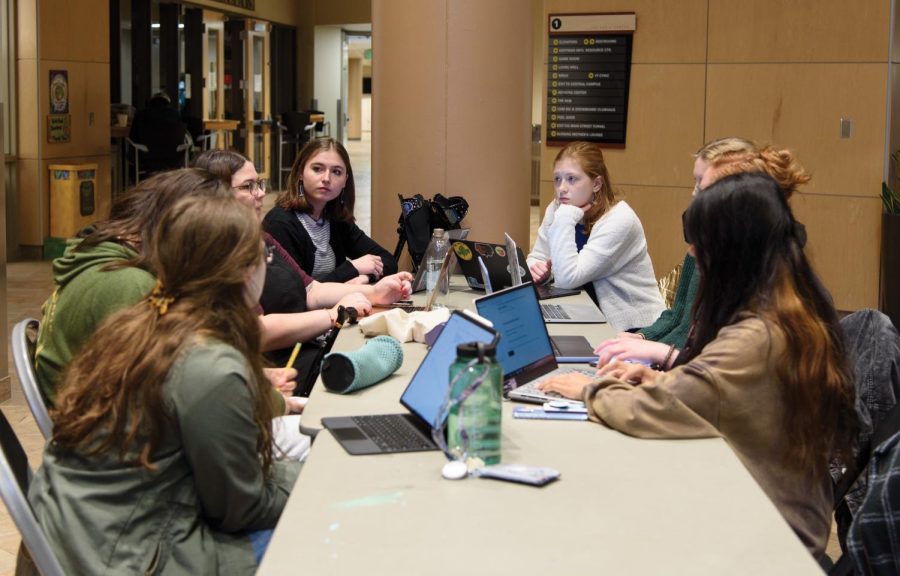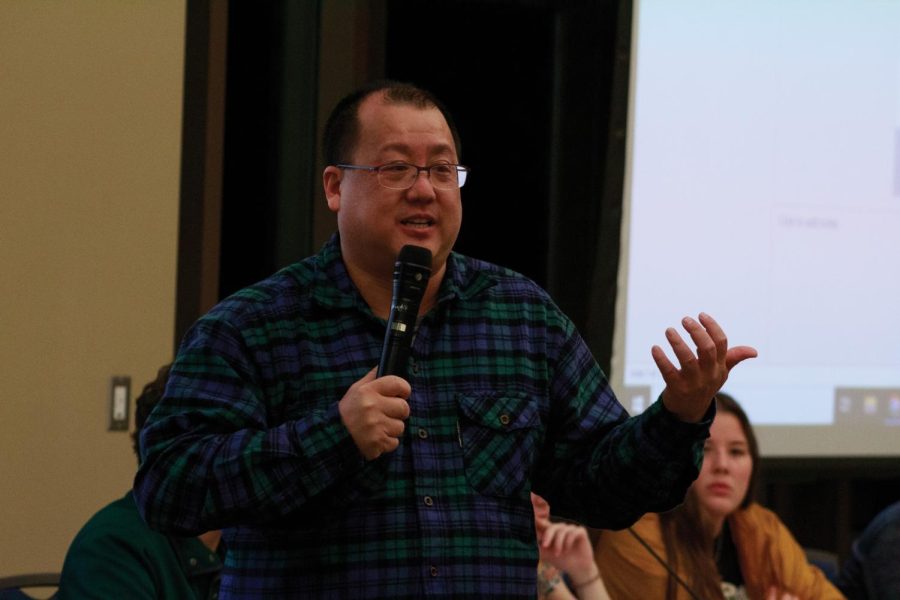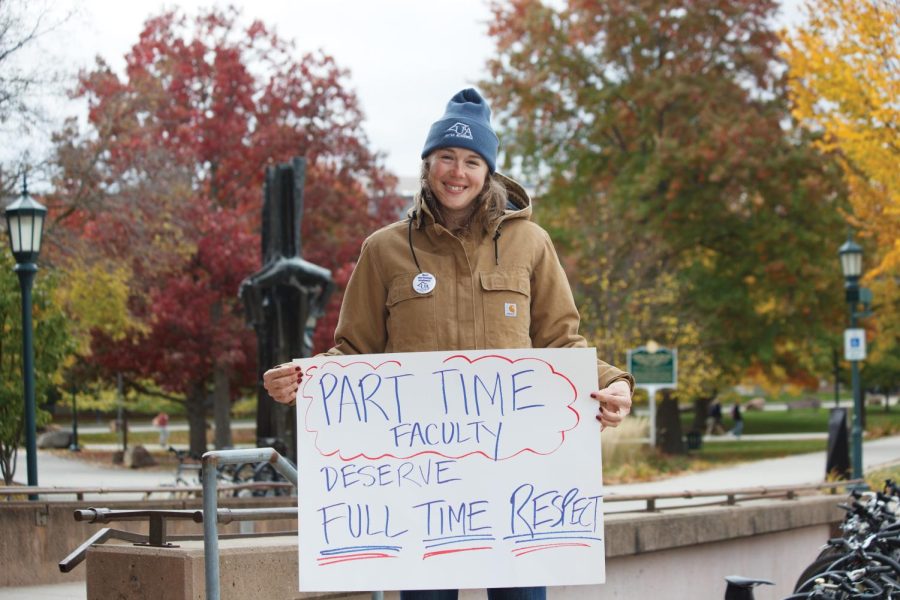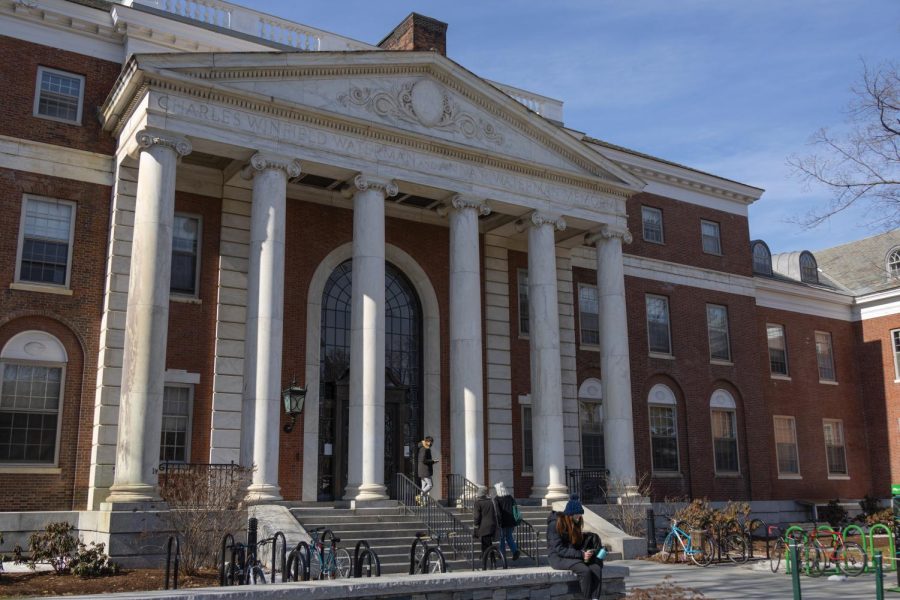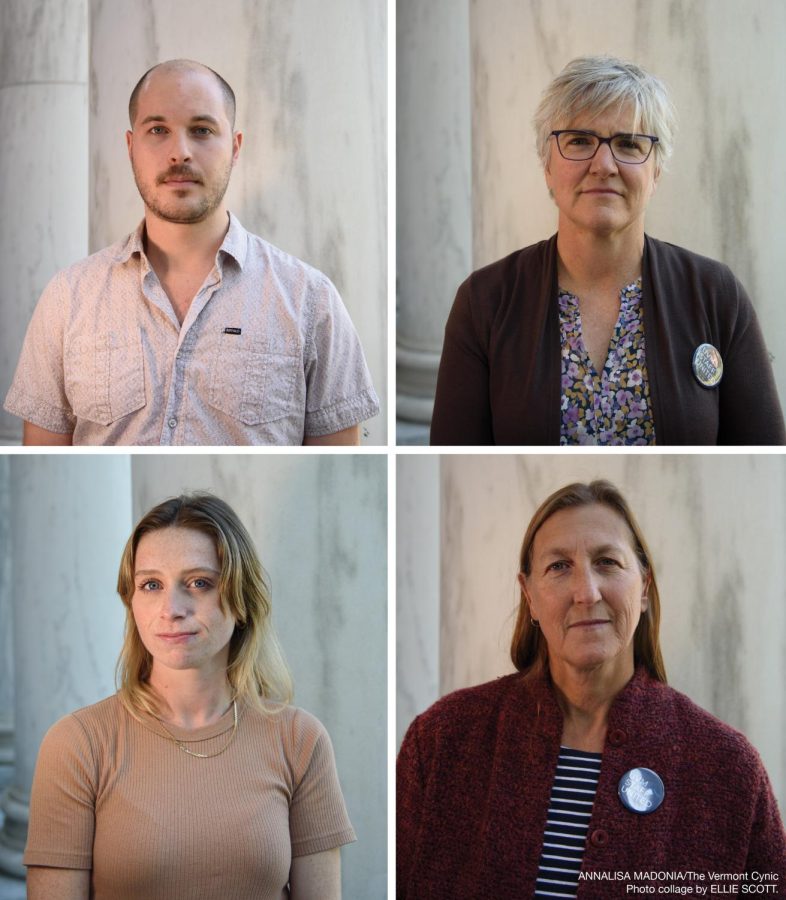This past Thursday, the Rubenstein School of Environmental and Natural resources continued their weekly seminars entitled “Beyond Environmentalism: Envisioning a Sustainable and Desirable Future.”
This week UVM was honored to welcome Prof. Dr. Rik Leemans from Wageningen University in the Netherlands. In his first trip to the states since the events of September 11, Prof. Leemans spoke to roughly 50 listeners about his experience in previous and ongoing ecosystem assessments, and what these assessments aim to achieve.
Prof. Leeman’s role as co-chair to the Response Option Working group of what is called the Millennium Ecosystem Assessment (’01-05) (MEA) and his previous PhD studies at Uppsala University in Sweden are among the many scientific endeavours he has undertaken. The goals of the MEA and previous similar assessments were to determine what is happening with regards to humans and the ecosystems we are impacting, why this is happening, what will happen if actions are not taken, and what these actions should be.
Leemans emphasized the difference between an assessment of this sort and a scientific review, in which a few, curiosity driven scientists work on a simple and narrow topic. In an assessment, information is compiled from the many different areas of human processes in a problem-driven assessment involving, in the MEA’s case, over 1300 experts.
“The assessment is not a research project,” Leemans stated. “All of the data has already been gathered.” The assessment functions to bring the world of science and its findings to those who are in decision-making positions.
A strong conceptual framework of the MEA allowed groups to look at local and regional issues in all parts of the globe, and to compile information from a wide variety of fields to come to what Leemans referred to as “the bottom line.” As he explained, “Our world is now expending resources at a rate where stability can no longer be taken for granted.
This can be reversed over the net 50 years, but the necessary policies are not currently underway.”
An encouraging point illuminated by Leemans was that over the long run, it is more economically beneficial to manage an ecosystem in a sustainable manner than to deplete it. Leemans used the example of being able to sell the lumber of a forest only once, while the benefits of managing the forest for a longer stretch of time yield greater profit.
For this reason, Leeman communicated the value of an ecosystem should be evaluated and weighed on an economic scale, along with its other benefits.
Trends in environmental assessments over the last three to four decades have come to emphasize the production of valuable lessons instead of likely futures, which are sometimes nothing more than speculations which, as Leemans puts it, “are good for over a beer.” Also, more recent assessments are moving from being more quantitative to qualitative.
Leemans finished the talk by pointing out that, “One of the reasons the future is unpredictable is because we can influence it.” What is to be our future? This writer offers his two cents: future uncertain.











